Today, more and more people are opting to have veneers placed on their teeth. In some cases it is being done simply to improve the esthetics and beauty of one’s smile, and in other cases because a tooth has chipped and broken and a veneer is the most conservative and esthetic method of repairing the tooth.
But how long do veneers last? It’s a common question we get. You’ve got the option to make particular teeth look as good as new but aren’t sure how long these new veneers will last. Well, we’ve got answers for you. First, let’s just take a look at what veneers are exactly before digging into how long they will last for.
What Are Porcelain Veneers?
A veneer is a thin layer or shell of ceramic (porcelain) placed over a tooth. Porcelain veneers stay in place through a process called bonding, and this thin layer of porcelain can change the shape, size and colour of your teeth. It can also mask any unesthetic issues with the surface.
In most cases, placing a porcelain veneer requires thinning the enamel and replacing it with porcelain. Enamel is ~2.0 mm thick on the front surface of the tooth; the enamel is reduced ~0.3-0.5 mm and then replaced with porcelain of similar thickness. In some special cases it may be possible to place a veneer without modifying the teeth-these are called “no prep” veneers or also known by a trade name “Lumineers”.
This bonding process was first discovered by Dr. Michael Buonocore in 1959 when he discovered tooth enamel can be etched making it an appropriate surface to adhere certain materials such as white (composite) fillings. Then, in the early 1980’s, a method of etching porcelain was discovered, making it possible to additionally bond porcelain.
Since then there have been many improvements in bonding agents, types of porcelain and techniques improving the strength and longevity of porcelain veneers. Nevertheless the strongest material is still your natural tooth enamel; even the best porcelain available today is not as good or durable. And if your own enamel has ever chipped, broken or decayed and has not “lasted a lifetime” then you cannot expect porcelain to do much better.
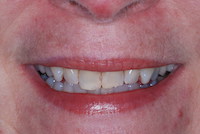
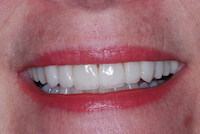
Prior to our ability to bond porcelain, the only options available were to bond a white filling or to place a crown on the tooth. White fillings are not nearly as strong, durable and stain resistant as porcelain. And although a crown can overcome these shortcomings, placing a crown requires significantly more tooth preparation.
With all the different kinds of foods we eat and all the activities we do, it’s likely, over the course of your life that your teeth (including your porcelain veneers) experience some wear and tear and will require replacement or repair at some point in time.
What Problems Do Veneers Correct?
Veneers are used to correct problems such as:
- Teeth discoloration caused from either a root canal or stains
- Teeth that are worn out
- Teeth that are broken or chipped
- Teeth that are misaligned or irregularly shaped
- Teeth that have gaps in them
- Teeth that have visible gum lines
How Long Can Porcelain Veneers Last For?
The main reasons why porcelain veneers need to be replaced are due to chipping or breakage, decay, debonding or in some cases changes in the gum tissues (ie receding gums) making the teeth and smile less than esthetic. Depending on the problem, it may be necessary (or ideal) to replace all the veneers, but if just a couple of teeth have problems with their veneers they all do not need to be replaced.
On average, veneers last 15 years but can last much longer, 20+ years, depending on various factors. These factors include tooth preparation – if the veneer is bonded to the tooth enamel (as opposed to the dentin layer underneath), that is a better, stronger bond and lasts longer. Other factors include your personal care (brushing and flossing) and getting your teeth checked regularly. Some of the longevity also depends on the correct treatment plan such as identifying, correcting and/or minimizing any bite issues and protecting your teeth from certain habits, like clenching, grinding, biting hard objects and putting excessive pressure on your teeth.
Veneers can cost between $900-$1300 per tooth and are not typically covered by dental insurance. We can certainly check your policy and look into this for you. In cases where the teeth are chipped, broken or heavily filled, many plans will pay for veneers for structural reasons.
Veneers are generally irreversible and are not recommended for individuals who have poor oral care to begin with or teeth that are heavily damaged or weakened (these are often better restored with full crowns). Having veneers does not protect you from experiencing decay, cavities or gum disease. Therefore, it is vital to continue with your regular checkups.
Other Things To Know Before Getting Veneers
You won’t be able to walk into your dentist’s office and expect to walk out with veneers. There is a process that is essential in order to deliver an excellent, long lasting result. You will need to visit your dentist 2-5 times – once for an initial consultation and at least once to see and approve the expected final results. The actual veneer process takes 2-3 visits over a two week process, but there is also at least one follow up visit one to three weeks later to ensure the teeth and gums are healthy and the bite is ideal. Anticipate approximately four to six weeks from your initial visit before you walk away with new veneers.
You will still need to brush and floss your veneered teeth, as you would any of your other teeth. Veneers are irreversible and you will not be able to revert back to your previous situation before getting the veneers bonded on…this is due to the fact that part of your enamel has been removed. So taking the time to make sure this is the right choice for you, and spending some time researching and finding a dentist who you feel confident in and comfortable with is very important.
Call us or email us to book your next appointment to see if porcelain veneers are right for you.

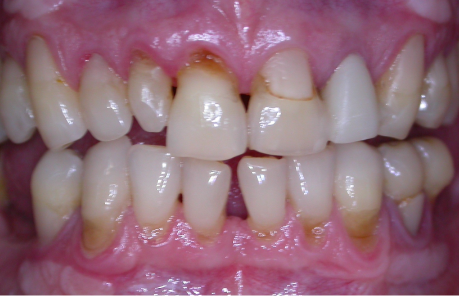
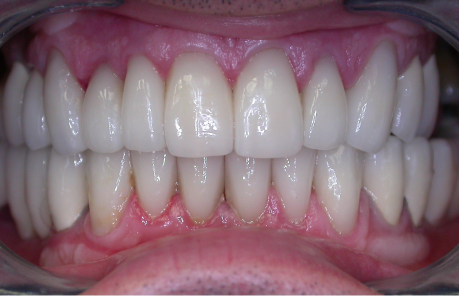
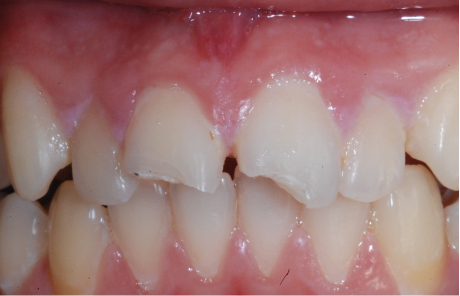
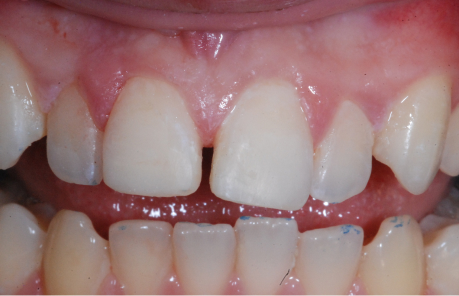
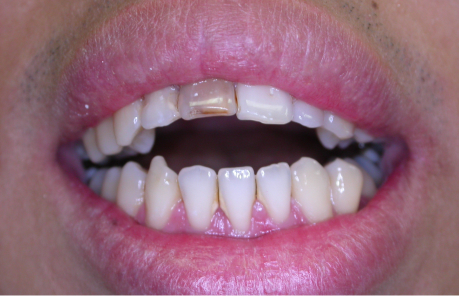
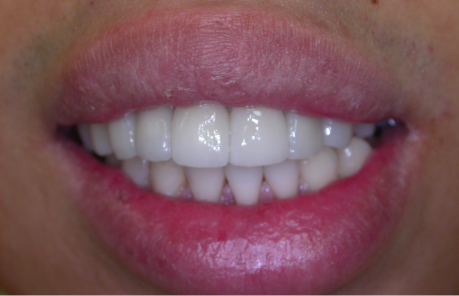
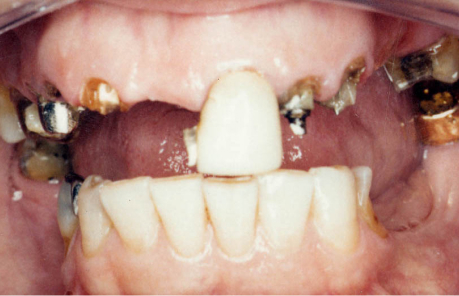
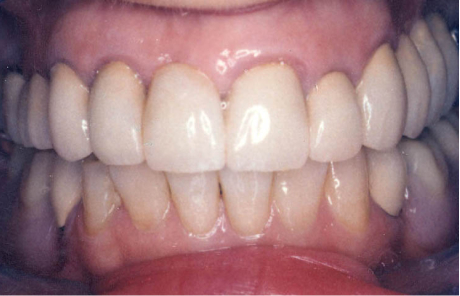
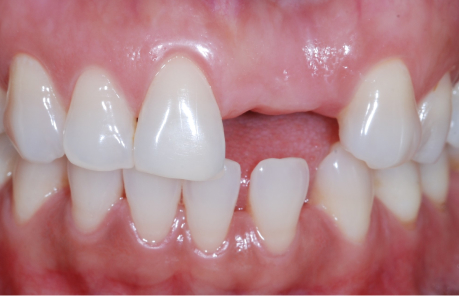
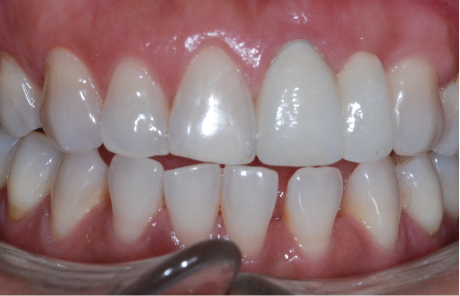

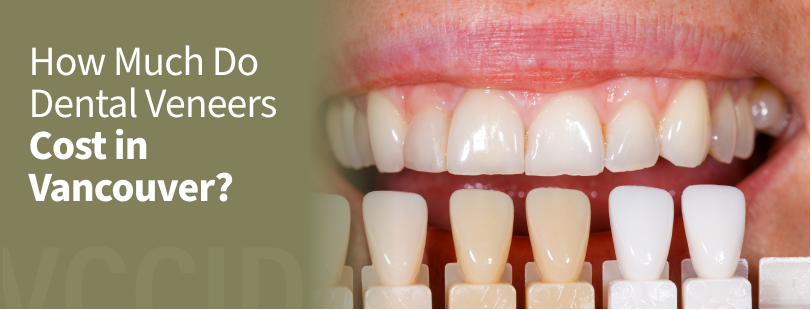
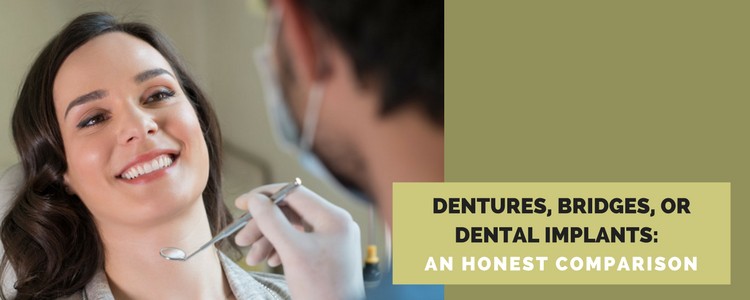



5 thoughts on “How Long Do Porcelain Veneers Last?”
My teeth have always been a pretty sensitive subject, and I was thinking about different ways I could fix that. I really like that veneers last 15 years, but can last 20+ years. It sounds like this could be a way I can fix my teeth for a long amount of time!
Hi Gregory,
Getting them to last as long as possible depends on several factors:
1. ensuring there is nothing with your bite that might cause you to chip or break the veneers, ie clenching, grinding deep overbite etc…often these can be mitigated by various methods
2. managing/avoiding certain habits…nail biting, chewing on pens etc
3. maintaining reasonable to good hygiene and having your teeth checked regularly
4. keeping any preparation of the teeth in enamel as much as possible…the bond strength to enamel is considerable greater to enamel than dentin, and by doing so it will increase the strength of the veneer…however there may be limitations that make this challenging
For the above and many other reasons the pre treatment planning and preparation is extremely important so that you end up with a result that meets or exceeds your expectations and gives you good service for many years.
Sincerely,
Dr Balogh
This is some great information you have in this blog post, I would love to syndicate it to the blog on my website. You can take a look and let me know if it is something you would be interested in.
https://friedmandentalgroup.com/blog/
You can also let me know if there is any content on my blog that you would be interested in sydicating on yours.
I look forward to hearing back from you.
My step mom was getting really tired of having yellow teeth and not being able to do anything to make it go away. She decided it was best for her to get some veneers. This article is really awesome because it helped me understand further why other people would want to get veneers, such as being able to hide chipped teeth.